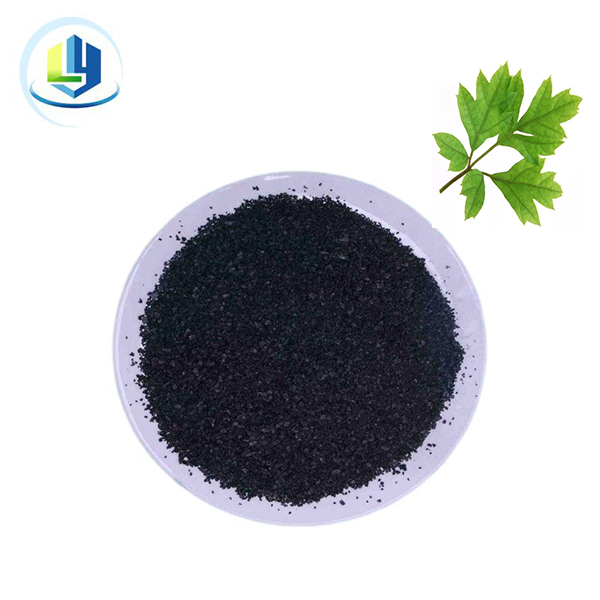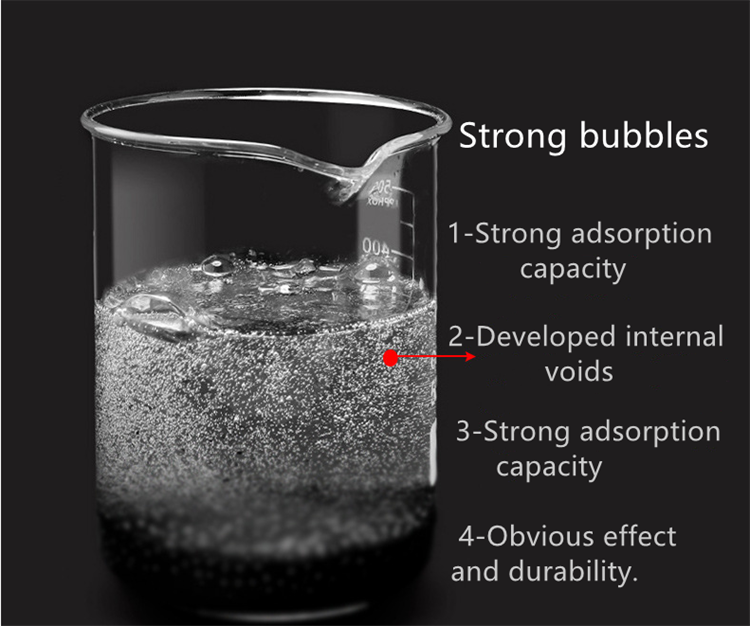Frequently Asked Questions About Activated Carbon for Water Filtration

1. Can Activated Carbon Remove Ammonia From Water?
Ammonia contamination in water sources can come from a variety of sources, including agricultural runoff and wastewater discharges. Activated carbon filters are good at removing ammonia through adsorption, effectively trapping ammonia molecules within their porous structure.
2. Can Activated Carbon Remove PFAS?
Perfluoroalkyl substances and polyfluoroalkyl substances (PFAS) are persistent organic pollutants found in many household and industrial products. Activated carbon filtration can effectively remove PFAS from water, providing a solution to these harmful contaminants of increasing concern.
3. Can Activated Carbon Filters Remove Fluoride?
Although activated carbon filters can help reduce the fluoride content of water, they are not as effective as specialized fluoride removal filters. However, they can still help reduce fluoride concentrations to some extent.
4. Can Activated Carbon Filters Remove Viruses?
Activated carbon filters are not designed to remove viruses from water. Viruses have much smaller pores than activated carbon, allowing them to pass through filters without being captured. Alternative methods such as UV disinfection or reverse osmosis are more effective at removing the virus.
5. Can Activated Carbon Remove Bacteria?
Activated carbon filters can effectively remove certain bacteria from water, especially those that are larger in size. However, they may not be enough to completely remove bacteria, especially if waterborne pathogens are a problem.
6. Can Activated Carbon Remove Alcohol?
Activated carbon can adsorb certain types of alcohol from water, but its effectiveness may vary depending on the specific alcohol compound and concentration. In order to completely remove alcohol, other purification methods may be required.
7. Can Activated Carbon Remove Algae?
Activated carbon filters can help reduce the presence of algae in the water by adsorbing organic compounds that support algae growth. However, they are not specifically designed for algae and may not be able to completely eliminate algae.

